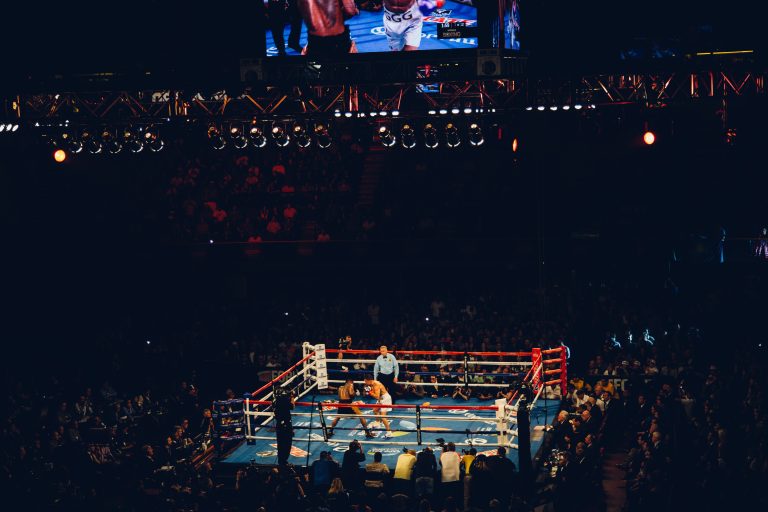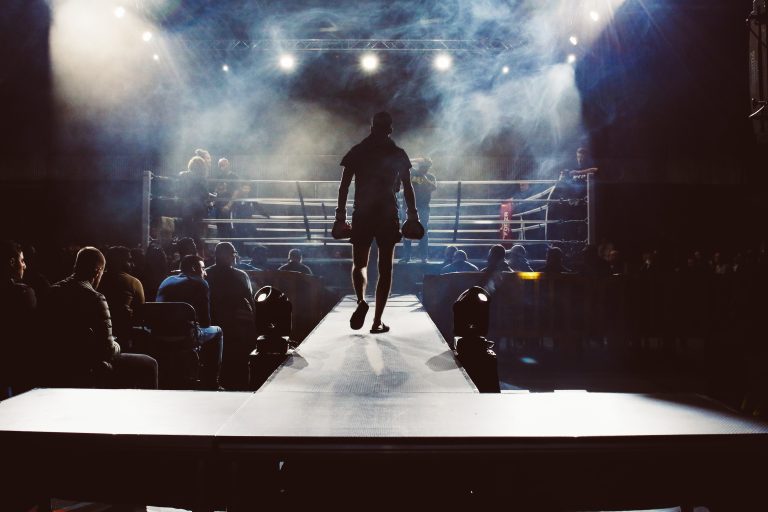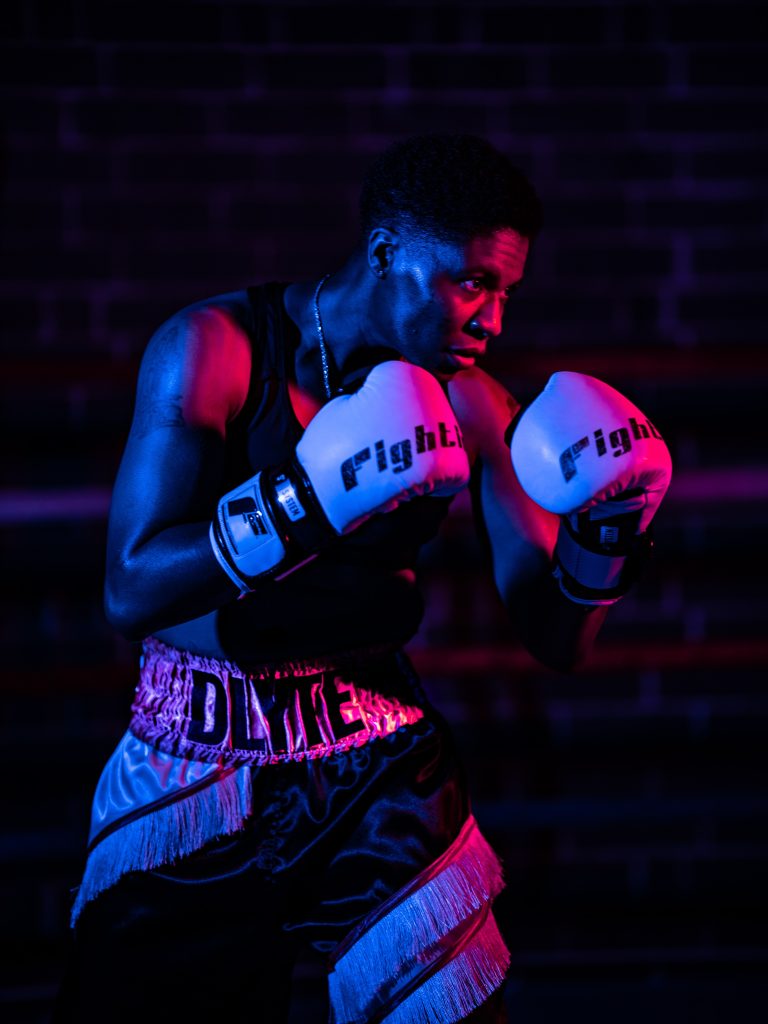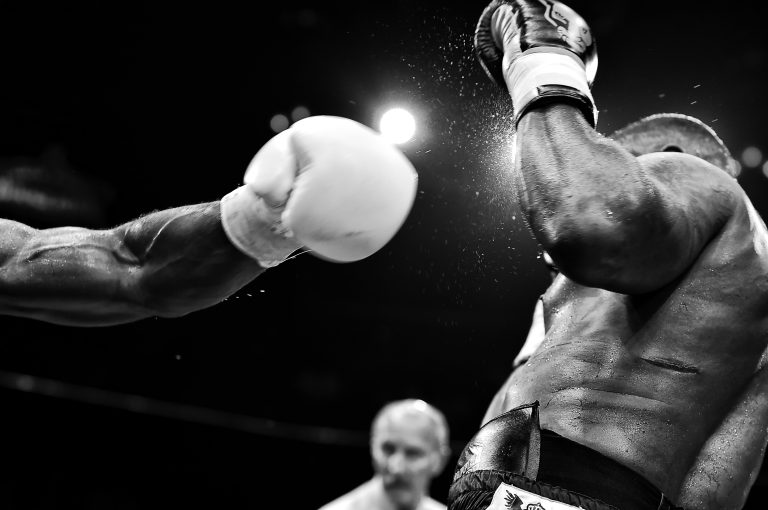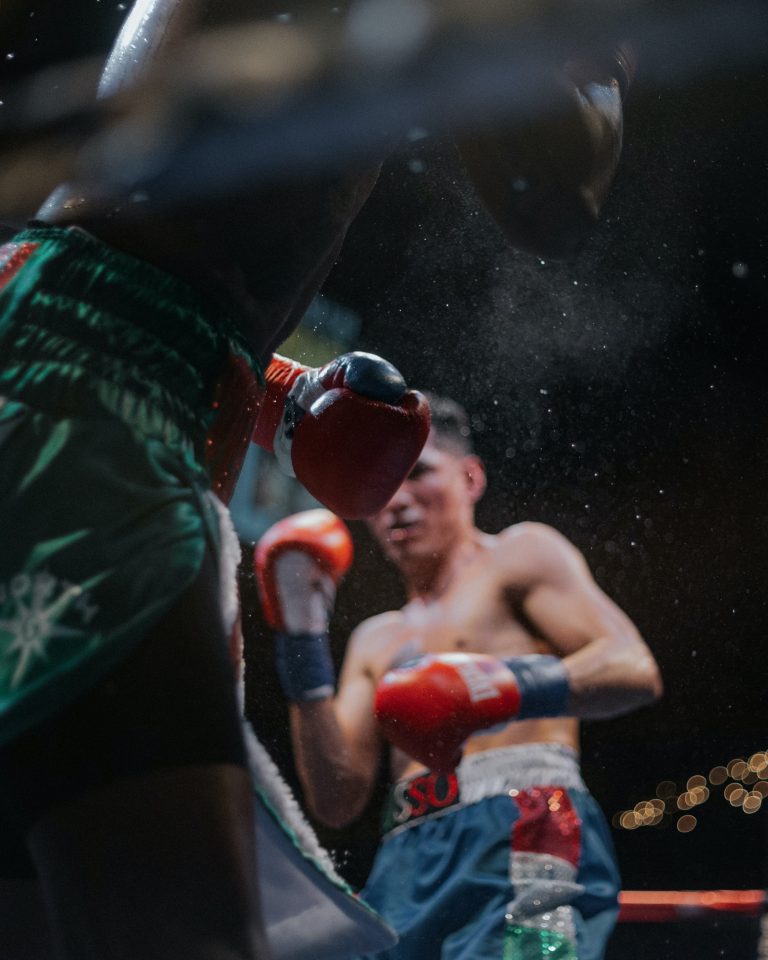Can You Use Karate in a Real Fight?
Karate is a form of martial arts based on striking techniques, including kicks, punches, and elbow strikes. It is popular around the world and is frequently depicted in movies, TV shows, and video games. However, one common question that arises is whether Karate is effective in a real fight. In this article, we will explore the effectiveness of Karate in a real-world situation.
History of Karate
Karate developed on the Ryukyu Islands in what is now Okinawa, Japan. It was created by a combination of local fighting styles, Chinese martial arts, and Japanese martial arts. Karate means „empty hand,“ which refers to the art’s focus on unarmed combat.
During the 20th century, Karate spread from Okinawa to Japan and eventually around the world. Today, there are many different styles of Karate, each with its own unique techniques, training methods, and philosophies.
Training in Karate
Karate training involves learning a variety of strikes, kicks, blocks, and throws. Students start with basic techniques and progress to more advanced techniques as they become more skilled. Training also involves sparring and learning self-defense techniques.
In addition, Karate emphasizes discipline, respect, and perseverance. Students are expected to show respect to their teachers and fellow students, and to work hard to improve their skills.
Effectiveness of Karate in a Real Fight
The effectiveness of Karate in a real fight depends on a variety of factors, including the skill level of the practitioner, the specific style of Karate they practice, and the situation itself.
In general, Karate is effective in a real fight because it teaches you how to strike with power and accuracy. Karate techniques can quickly disable an opponent by targeting vulnerable areas such as the eyes, throat, or groin.
Karate also teaches you how to defend yourself against a variety of attacks, including punches, kicks, and grabs. The sparring and self-defense training in Karate can help you learn to react quickly and effectively to an attack.
However, it is important to note that Karate is not a complete self-defense system. To be effective in a real-world situation, you need to supplement your Karate training with other skills, such as grappling and ground fighting.
Can You Use Karate in a Real Fight? FAQs Answered
As a martial art, Karate has been one of the most popular disciplines for generations. While it started as an ancient form of self-defense in the Ryukyu Islands of Japan, it has now evolved into a widely practiced discipline around the world. However, many people are skeptical about its real-life application. In this blog post, we will be addressing some of the most frequently asked questions on this topic.
Question 1: Is Karate an Effective Form of Self-defense?
Yes! Karate is an effective form of self-defense. It teaches its practitioners to defend themselves in a variety of situations, including both armed and unarmed combat. Karate techniques include punches, kicks, knee strikes, elbow strikes, and open-handed strikes, making it a versatile form of martial arts suitable for self-defense.
Question 2: Can Karate Be Used in a Real Fight?
Yes, Karate techniques can be used in real fights. Many of the techniques taught in Karate classes are designed to be used in real-life situations. The techniques such as blocks, punches, kicks, and strikes are not just designed for tournament or sparring purposes, but are equally effective in street fights or in situations that arise in daily life.
Question 3: Is Karate More Effective Than Other Martial Arts for Self-defense?
It is not possible to claim that one martial art form is better than the other for self-defense purposes. The effectiveness of a martial art form depends on various factors such as the practitioner’s physical fitness, training, experience, timing, and the situation itself. Karate, like other martial arts forms, is effective in its own way when it comes to self-defense.
Question 4: How Does Karate Training Prepare You for Real-life Situations?
Karate training is not only about learning the techniques, but it also prepares the practitioner for real-life situations. It teaches mental discipline, control, and awareness. Karate practitioners learn to control their aggression, fear, and emotions. Moreover, they develop self-awareness, which allows them to be aware of the situations around them, avoid confrontation if possible, and where necessary, defend themselves effectively.
Question 5: Should You Use Karate Techniques in a Real Fight?
The best way to avoid combat is to avoid conflict. However, in situations where it is unavoidable, using Karate techniques is a viable option. While it is best to avoid engaging in combat outside of tournaments, where there are rules, using Karate techniques can be a way to defend oneself in real-life situations.
Question 6: Does the Effectiveness of Karate Techniques Depend on the Practitioner’s Experience?
Yes, the effectiveness of Karate techniques depends on the practitioner’s experience. Like any other martial art form, one gains experience through consistent practice. The practitioner’s training and experience determine their ability to apply Karate techniques effectively in a real-life situation.
How to Use Karate in Real Fights:
Karate is a martial art that is widely practiced across the world. It is known for its powerful kicks and punches, as well as its focus on mental and physical discipline. Many people wonder if it is possible to use karate in a real fight. In this guide, we will explore how to effectively use karate techniques in self-defense situations.
1. Learn the Basics
Before you can effectively use karate in a real fight, you need to have a solid foundation in the basics. This means practicing stances, punches, kicks, and blocks until they become second nature. By mastering these fundamental techniques, you will be able to execute them without hesitation in a self-defense situation.
2. Train with a Partner
Karate is a martial art that is designed to be practiced with a partner. By training with a partner, you can practice your techniques in a realistic environment. You can also learn how to defend yourself against different types of attacks, which will prepare you for real-life situations.
3. Practice Sparring
Sparring is a form of training that involves fighting with a partner in a controlled environment. By practicing sparring, you can simulate real-life fighting situations and learn how to defend yourself against different types of attacks. It is important to wear protective gear during sparring to prevent injury.
4. Develop Mental Toughness
Fighting in a self-defense situation requires mental toughness. You need to be able to stay calm and focused under pressure. One way to develop mental toughness is to practice visualization techniques. This involves imagining yourself in a self-defense situation and visualizing how you would react.
5. Pick Your Attacks Carefully
In a real fight, you will only have a few seconds to react. It is important to pick your attacks carefully and execute them with precision. Some effective karate techniques for self-defense include front kicks, roundhouse kicks, and punches to the face or body.
6. Be Prepared to Defend Yourself
The best way to use karate in a real fight is to avoid the fight altogether. However, there may be situations where you need to defend yourself. Always be prepared to defend yourself by staying aware of your surroundings and having a plan in case of an attack.
7. Get in Shape
Karate requires physical strength and endurance. To effectively use karate in a real fight, you need to be in good physical shape. This means engaging in cardiovascular exercise, strength training, and flexibility exercises.
Conclusion
Karate can be an effective form of self-defense in real-life situations. To effectively use karate in a real fight, it is important to have a solid foundation in the basics, train with a partner, practice sparring, develop mental toughness, pick your attacks carefully, be prepared to defend yourself, and get in shape. By following these steps, you can be better prepared to defend yourself in a self-defense situation.
Inhaltsverzeichnis

